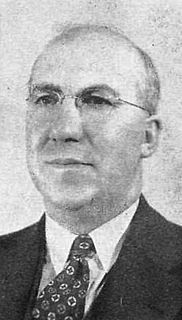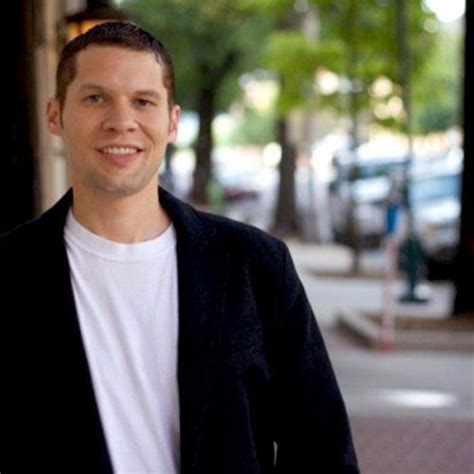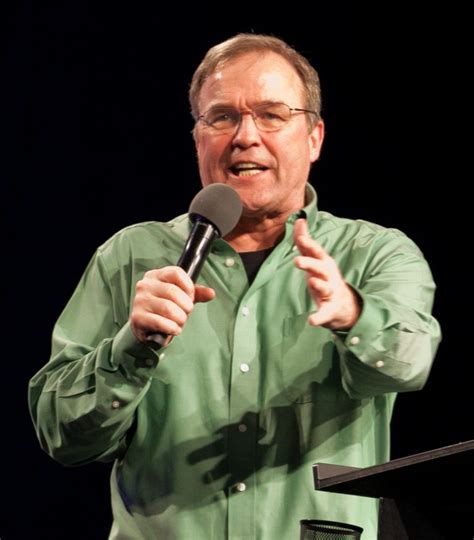A Quote by Christine Caine
Christian life isn’t a one-person race. It’s a relay. You are not alone; you’re part of a team assembled by our unstoppable God to achieve his eternal purposes.
Related Quotes
High culture is nothing but a child of that European perversion called history, the obsession we have with going forward, with considering the sequence of generations a relay race in which everyone surpasses his predecessor, only to be surpassed by his successor. Without this relay race called history there would be no European art and what characterizes it: a longing for originality, a longing for change. Robespierre, Napoleon, Beethoven, Stalin, Picasso, they're all runners in the relay race, they all belong to the same stadium.
Jesus came among us to show and teach the life for which we were made. He came very gently, opened access to the governance of God with him, and set afoot a conspiracy of freedom in truth among human beings. Having overcome death he remains among us. By relying on his word and presence we are enabled to reintegrate the little realm that makes up our life in the infinite rule of God. And that is the eternal kind of life. Caught up in his active rule, our deeds become an element in God’s eternal history. They are what God and we do together, making us part of his life and him a part of ours.
Repent, for the kingdom of the heavens is at hand' (Matt 3:2, 4:17, 10:7). This is a call for us to reconsider how we have been approaching our life, in light of the fact that we now, in the presence of Jesus, have the option of living within the surrounding movements of God's eternal purposes, of taking our life into his life.
Eternal life is the most important thing in all the world for which you and I should work and hope someday to attain. . . . the person who attains eternal life is exceedingly rich. Seek not for riches but for wisdom. . . . . . . he that hath eternal life is rich. Eternal life is the greatest of all of the gifts of God.
God's guidance will require patience on our part. His leading is not usually a direct assurance, a revelation, but His sovereign controlling of the circumstances of our lives, with the Word of God as our rule. It is therefore, inevitable that the unfolding of His purposes will take time - sometimes a very long time.
Within this Christian vision for marriage, here's what it means to fall in love. It is to look at another person and get a glimpse of the person God is creating, and to say, "I see who God is making you, and it excites me! I want to be part of that. I want to partner with you and God in the journey you are taking to his throne."
I don't know if anyone has noticed but I only ever write about one thing: being alone. The fear of being alone, the desire to not be alone, the attempts we make to find our person, to keep our person, to convince our person to not leave us alone, the joy of being with our person and thus no longer alone, the devastation of being left alone. The need to hear the words: You are not alone.
You have established the earth and it continues. All things stand this day according to your directions. For all things are your servants (Ps. 119:91). God himself loves the earth dearly and never takes his hands off it. And because he loves it and it is good, our care of it is also eternal work and a part of our eternal life.
We can think of Lent as a time to eradicate evil or cultivate virtue, a time to pull up weeds or to plant good seeds. Which is better is clear, for the Christian ideal is always positive rather than negative. A person is great not by the ferocity of his hatred of evil, but by the intensity of his love for God. Asceticism and mortification are not the ends of a Christian life; they are only the means. The end is charity. Penance merely makes an opening in our ego in which the Light of God can pour. As we deflate ourselves, God fills us. And it is God’s arrival that is the important event.
The healthy Christian is not necessarily the extrovert, ebullient Christian, but the Christian who has a sense of God's presence stamped deep on his soul, who trembles at God's word, who lets it dwell in him richly by constant meditation upon it, and who tests and reforms his life daily in response to it.
The Christian's instincts of trust and worship are stimulated very powerfully by knowledge of the greatness of God. But this is knowledge which Christians today largely lack: and that is one reason why our faith is so feeble and our worship so flabby... When a person in the church, let alone the person in the street, uses the word God, the thought is rarely of divine majesty.
































